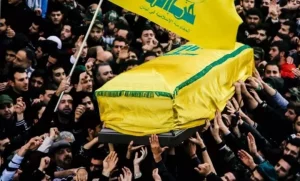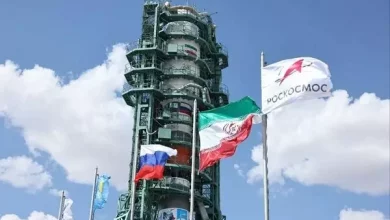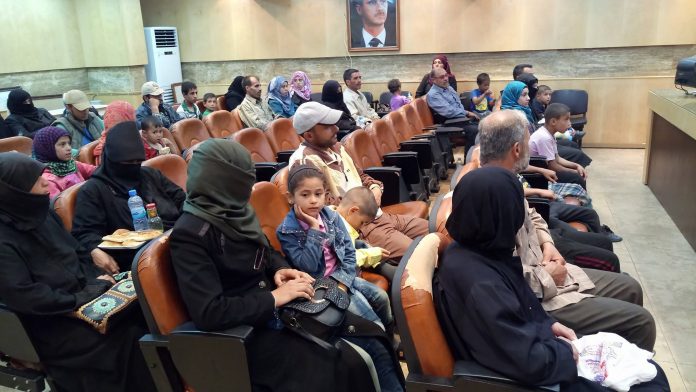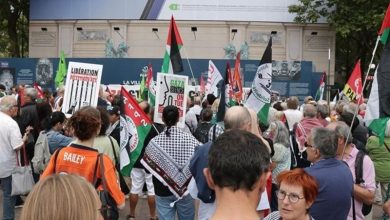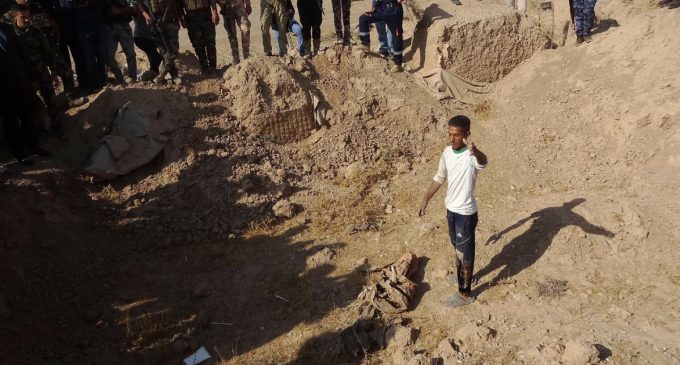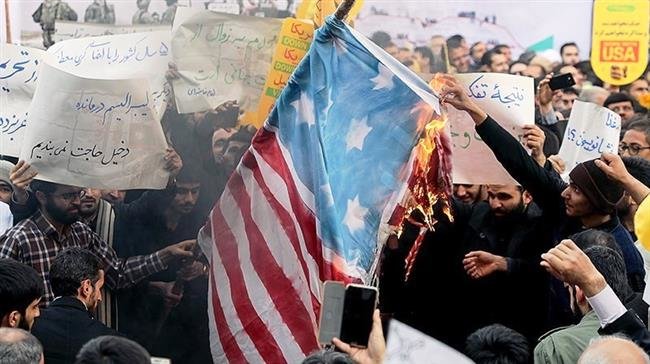Martyrdom Crowns Hezbollah Strategic Weapons as Fear of Death Nullifies Zionist Regime’s Military Capabilities
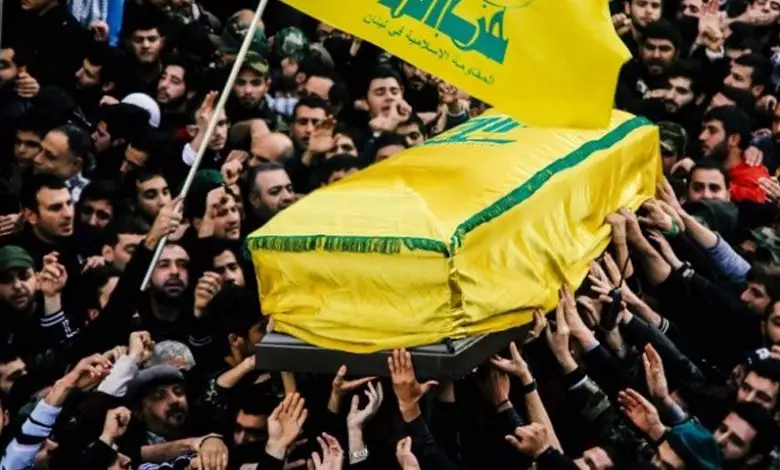
Few months after the Zionist invasion of Lebanon in 1982, Hezbollah young fighter, Ahmad Kassir, decided to detonate his body in rejection of the enemy’s occupation. His martyrdom operation, which destroyed the headquarters of the Israeli military command in Tyre and killed dozens of Israeli soldiers on November 11 paved the way for the Resistance fighters to carry out similar attacks against the Israeli enemy.

“It was the first time when a young man rode his explosive-laden car and raided a fortified stronghold of the enemy,” Hezbollah Secretary General said about Ahmad Kassir, 18, on Martyr’s Day ceremony in 2001.
“The operation had paved the way for the Resistance fighters to carry out similar attacks against the Israeli enemy. However, no other operation got the glory which Ahmad Kassir’s had gotten, especially regarding the death toll,” Sayyed Hasan Nasrallah said.
“We see Ahmad Kassir in the face of all our fighters who carried out operations against the Zionist occupiers. His operation has founded for the self-sacrifice attacks staged then by the Resistance.”

Since the groundbreaking martyrdom operation, Hezbollah has admitted November 11 as Martyrs Day due to the distinct qualities of the operation and its aftermath repercussions in the field of the resistance against the Zionist occupation forces.
The enemy’s shock was more immense than its psycho-political ability to accept the operation. Thus, the Israeli officials claimed, in the beginning, that the building collapsed. Later, it alleged that IED explosions caused the destruction, before it acknowledged the truth.
At that time, the Zionist enemy concentrated on the extent of losses caused by the blast itself without concentrating on the strategic aspects of the operation.
Hezbollah Creed between Death and Martyrdom
Holy Quran has praised sacrificing one’s soul for the sake of God Almighty. In Al-‘Imran Chapter, Holy Quran reads:
And never think of those who have been killed in the cause of Allah as dead. Rather, they are alive with their Lord, receiving provision, rejoicing in what Allah has bestowed upon them of His bounty, and they receive good tidings about those [to be martyred] after them who have not yet joined them – that there will be no fear concerning them, nor will they grieve.
According to the religious concepts which govern Hezbollah military creed, protecting the fighters’ souls is a must as long as the requirements of the battle are secured. However, when the battle against the Zionist enemy necessitates sacrificing blood, carrying out a martyrdom operation.
Martyr Ahmad Kassir obtained the religious permission to carry out his martyrdom operation from Imam Khomeini. Briefly, if the confrontation with the enemy requires martyrdom, it turns to be religiously acceptable.
This culture has enabled the Resistance to overcome all the military threats and challenges posed by the Zionist enemy by nullifying all the Israeli military capabilities.

Israeli Fear of Death
The Zionist enemy has repeatedly claimed it wanted to prevent Hezbollah from obtaining a game-changing weapon, hinting at the precision-guided missiles. Hezbollah has become capable of developing such missiles; however, the game changing-weapon that crowns those missiles is the absence of fear of death.

Conversely, the Israeli army has been facing a detrimental predicament represented by the ground troops’ rejection of engaging in field battles for fear of death.
The former Zionist military ombudsman Isaac Brick has voiced worries about the military capabilities of the ground forces, doubting their readiness to confront Hezbollah fighters in the battlefield.
Brick and other Israeli analysts have highlighted the Zionist military weakness in face of Hezbollah in light of the Zionist soldiers’ rejection to join the infantry.
Since 2010. there has been a 40 percent increase in the number of consultations that Israeli soldiers in compulsory service have held with army mental health officers, according to a report published by the Zionist paper Haaretz in 2018.
In addition to reports about the Israelis increasing objection to the military service, this rate indicates that the Israeli enemy’s main weakness lies in its fear of death, which makes the whole occupation entity fragile in face of Hezbollah whose fighters set martyrdom as their life target.
